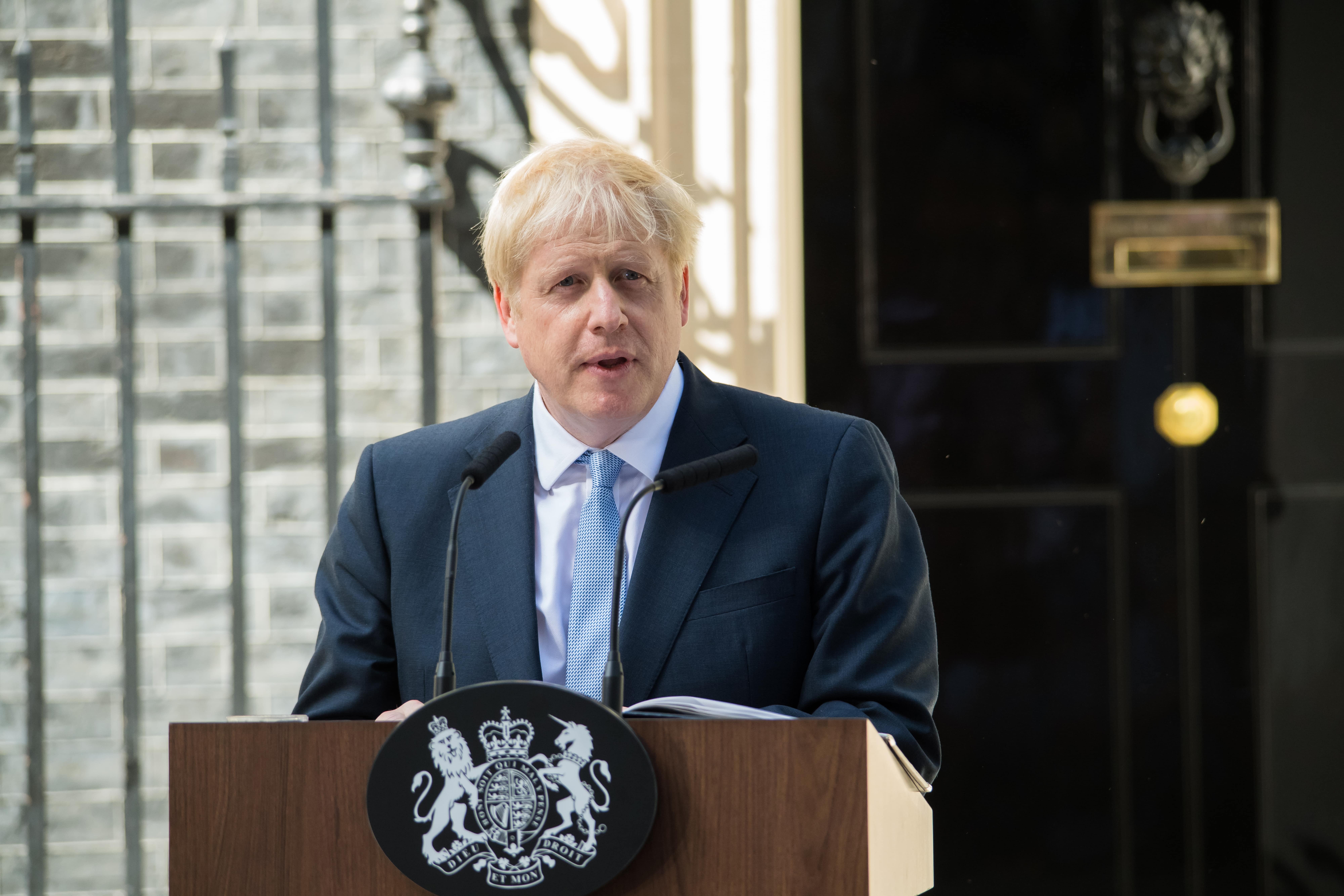News - Construction News
How to Ensure Stadiums are Built on Time

How to make best use of the law to ensure your stadium is built on time, on budget, on spec and generating revenue, Ian Timlin, head of sport at Conexus Law explains.
If the mantra “Plan, plan and plan again and build in extra contingency” ever applied, it is in relation to the construction of stadiums.
As Bath Rugby Club are finding out in the Court of Appeal (hearing 5 Oct 2021), you need to start with the basics and establish whether you can legally do all that you want at the site. Bath Rugby Limited (“BRL”) hold a long lease of an area in the centre of Bath used for playing rugby and football, known as “the Rec” and are planning to develop that area. However, the beneficiaries of restrictive covenants in respect of the Rec obtained a High Court ruling in September 2020 preventing BRL’s proposed development. Hence their time consuming and costly visit to the Court of Appeal in late 2021.
In tandem with the above, whilst proper site surveys, scoping of works and funding and budgeting, consideration of any likely backlash to the development, getting all stakeholders on-board, getting the legal agreements in place in good time, having a realistic project programme and contingency on many fronts are required, we explore below other matters that are in our experience are unique to getting your stadium built on-time, on-budget, with satisfactory quality and so it generates revenue.
- Normal expectations for competitive tendering do not apply. For example, you go out to 6 main contractors for competitive build costs. In our experience, for certain specialised packages of the build (eg seating) all 6 potential main contractors come back with seating prices from the same or say two seating sub-contractors because of the limited supply pool. So how do you get competitive and transparent pricing? You need transparency in the tender process to understand what makes up the pricing of the proposed main contractors’ packages. You may even need to obtain and pass on the results of your own investigations for bespoke packages to proposed main contractors, or adopt a procurement approach which is more akin to management contracting.
- Very large bespoke packages only available from limited suppliers often need a long lead time depending on other stadia being constructed in your region/continent at any given time. The procurement of the seating package is paramount and must be given early consideration and priority as should complex M&E elements.
- You must absolutely adhere to the requirements of the sports’ governing body for the stadium’s proposed use/s especially regarding the playing surface and arena configuration requirements or player’s facilities (eg the construction materials and measurements of a running track or dimensions of a football pitch and dressing rooms and hospitality).
- The views of stakeholders (eg athletes, local residents, governing bodies, disability groups, emergency services, health and safety, hospitality, fans, tv and media, match day or event operations, non-match day revenue generation, future maintenance operations) must be canvassed early to decide what of their views and requirements can or need to be incorporated in the proposed development.
- In respect of stakeholders, do not underestimate the impact of television, media and smart technology on your stadium. Facilities must be appropriate and future proofed to accommodate television, media and smart technology (eg smart turnstiles and hospitality and food and beverage offerings equipment and offerings) with more than adequate data connectivity.
- The traditional legal tool to try and get any construction project delivered on time is liquidated damages – a pre-agreed daily/weekly amount to be paid to the employer by the contractor for late completion of the construction project. However, in our experience on a mission critical stadium construction project (eg the London Stadium for the 2012 Olympics), no amount of accrued daily/weekly liquidated damages (however large) is going to compensate for the stadium not being ready for its planned event. The reputational damage to the employer, governing body and contractor plus the costs of moving an event to another stadium does not bear thinking about (eg moving TV, media, officials, competitors, training grounds and accommodation to an alternative existing venue). So creative thinking needs to be brought to bear to this issue. For example, you may not engage the cheapest main contractor on price but the one with the largest reputation to protect and who demonstrates in the tender process the serious steps that it will take to protect its business reputation whatever.
- Consequently, stadium construction must be subject to the tightest of regular programme management, an understanding of what is on the critical path at all times, accurate, truthful and honest information flows from the contractor to the employer and its professional consultants and vice versa, quick and straightforward dispute escalation and resolution processes. The project culture must be open and collaborative in actions as well as words and be backed up with adequate legal drafting in contractual documents if any party decides to deviate from that path. All team members should understand schedules and deadlines before construction begins.
The state of the art Tottenham Hotspur Stadium which opened late in April 2019 at a reported cost of circa £1billion (seating capacity of 62,850), being a multi-purpose stadium featuring the world’s first dividing retractable football pitch, which reveals a synthetic turf field underneath for NFL games in London, concerts and other events which includes smart tech such as the revolutionary bottom of the beer glass filling in the longest bar in Europe (65 metres), shows how far stadium have progressed and the trials and tribulations faced in their construction.
Contributors to this article were Ian Timlin, head of sport, Ed Cooke, Conexus managing partner and Earle Brady, specialist construction and engineering lawyer. Legal advice in the sports sector includes acting as one of the principal construction lawyers working for the London 2012 Olympic Games and Paralympic Games; and advising two Premiership football clubs over a period of 15 years on construction and engineering projects in and around their stadia and including two significant stadia extension projects.
If you would like to read more stories like this, then please click here
Related Articles
More News
- Building the next generation
17 Jul 25
We are facing a skills crossroads in our industry, says Richard Martin, Managing Director, Churngold
- Plan to kickstart onshore wind revolution
17 Jul 25
Onshore wind is set to accelerate over the second half of the decade.
- Homes England supports Greencore Homes with new sustainable homes
16 Jul 25
Homes England will provide funding to support the delivery of Milton Heights.






